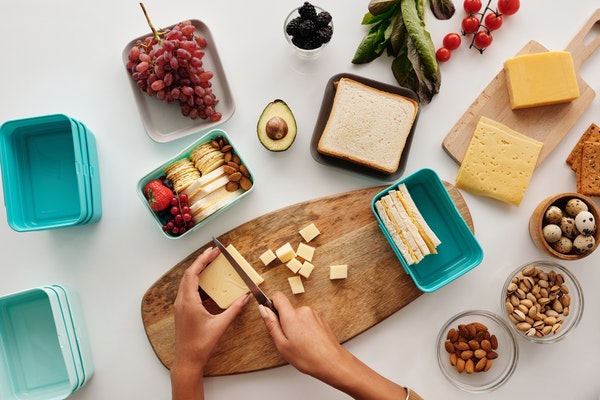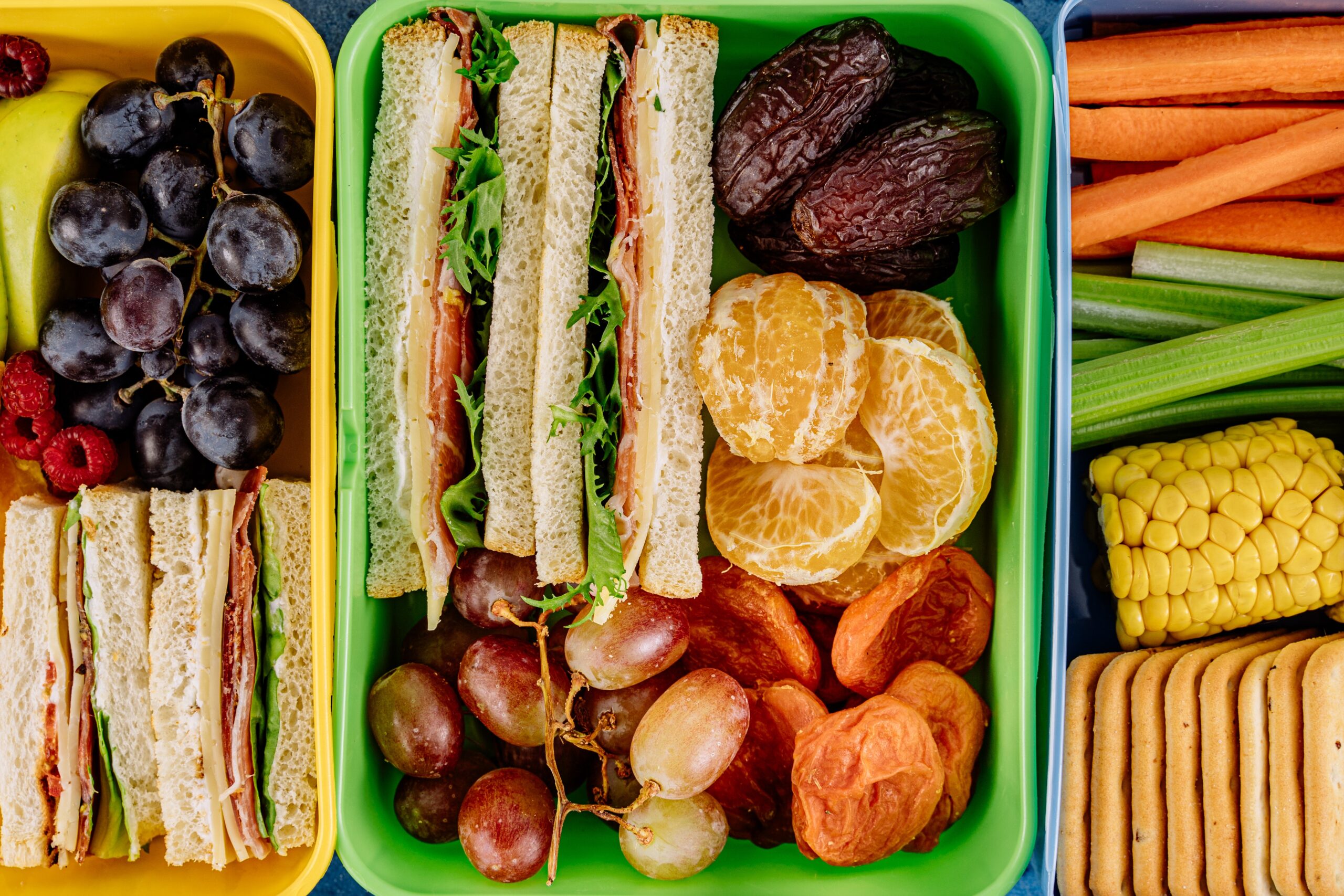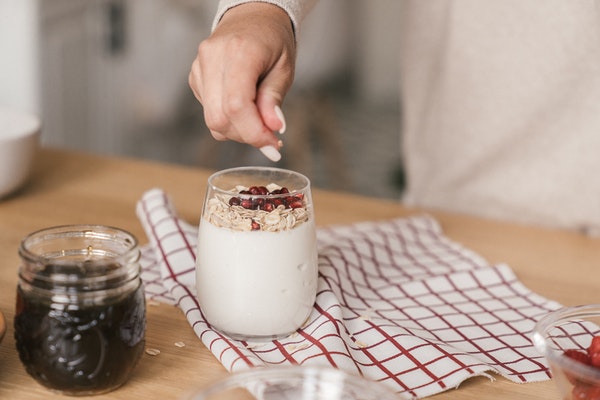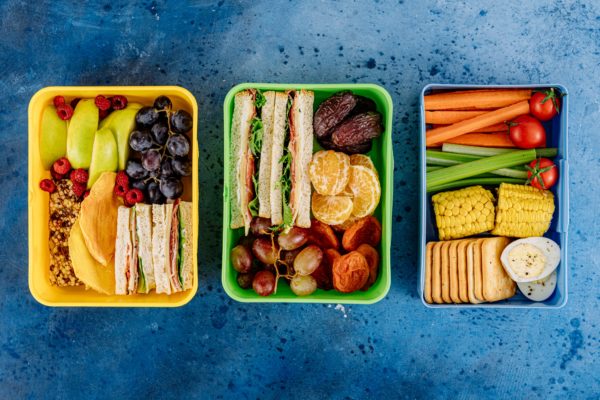News and blogs
Healthy eating
tips for infants

We all know that eating healthily in the early years is important for growth, brain development and long-term habits. Yet supporting our children to eat well can be one of the earliest and biggest challenges for parents.
At Schoolhouse we pride ourselves on the quality of nutritious snacks and homemade meals provided on a daily basis. We follow best practice guidance from the Welsh Government to provide nutritional and well-balanced meals, snacks and drinks when planning our nursery menus. Our aim is to encourage all children to develop a positive attitude towards food.
Variety and balance
Starting from introducing solids, the advice is that a third of our daily intake should be fruit and vegetables. Including a range of colours and textures means a variety of essential nutrients and sensory experiences. Get creative with a rainbow salad!
The other main food groups are:
- Starchy carbohydrates (also a third of our daily intake) – potatoes, bread, rice, pasta
- Proteins – beans, peas, lentils – aim for 2 portions of fish a week
- Milk and milk products
Including each of these throughout the day ensures your child is getting the best balance of nutrients and provides them with the energy they need to grow and play.

Think teeth
Dairy foods, which include milk, cheese and yoghurt, provide a good source of calcium for healthy teeth and bones. Make your dentist even happier by minimising sugary foods which contribute to dental decay. At Schoolhouse, snacks are low in sugar (no dried fruit, biscuits or cakes). Serve dried fruit and fruit juice only with meals for healthier teeth and gums.

Minimise salt
Too much salt in childhood can raise blood pressure, increasing both the risk of illness later in life and the likelihood of osteoporosis and obesity. At Schoolhouse, when we use products such as gravy granules and readymade sauces we select the lowest salt variety available. We also try to minimize food containing additives, preservatives and food colouring. Convenience foods are often high in fat, sugar and salt and are best avoided as much as possible.

Hydration matters
Keeping little ones hydrated throughout the day helps maintain their energy levels, boosts their concentration and aids digestion. Lack of fluids can be a factor in uncomfortable constipation! Water is ideal; try to limit drinks with added sugars, including fruit juice. At Schoolhouse, drinking water is available throughout the day and other drinks only available at lunchtime.

Embrace family dining time
Making the effort to eat together for meals pays off. Sitting down to eat is best for healthy digestion. Children develop a positive relationship with food and eating when they have others to lead by example.
Plus, when they can serve themselves, it not only promotes independence but gives them permission to listen to their hunger and fullness cues. Promoting healthy eating is especially challenging when a child has food allergies, intolerances or preferences. Involving children with meal times can help – see our blog on how young children can help in the kitchen.

Respecting individual’s beliefs and food needs
Every child is different. At Schoolhouse, we are aware of the individual differences in children’s dietary requirements, such as allergies and cultural beliefs, and we endeavour to meet these needs by providing high-quality alternatives. Feeding our children nutritious meals and snacks can feel like a big responsibility; there are lots of sources of support available, including Schoolhouse. Find more tips and recipe ideas at https://everychild.wales/family-food/.




